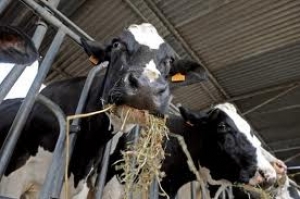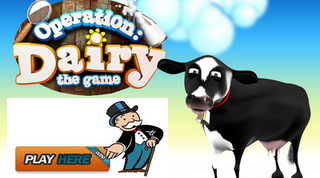Dairy farming

WSPA has launched a global campaign to improve the lives of tens of millions of farm animals worldwide. The organization is working to raise public awareness of the inherent relationship between better animal welfare, the environmental and economic sustainability, and also urging people to sign a letter to put animal welfare on the agenda at the United Nations Conference on Sustainable Development (UNCSD, or Rio +20 ) in June 2012.
Rio+20, occurring 20 years after the precedent-setting 1992 'Earth Summit', will focus on mobilising participation by businesses and catalyzing a global transition to a 'green economy'. In the run-up to the event, WSPA will lobby the UN and national governments for the inclusion of animal welfare in the conference negotiations, where global principles on key sustainability and development issues will be agreed.
Dr Lesley Lambert, Chief Policy Advisor at WSPA, said: "Right now, member states of the UN are preparing their positions for next year's Rio+20 event. It is critical that they include animal welfare considerations at this stage, since these issues are key to tackling some of the biggest global challenges facing us today. We have a unique opportunity to give animal welfare its rightful place in the sustainable development discussion – our campaign will create an engaging and interactive way for everyone – no matter what their current understanding of animal welfare – to join this debate."
WSPA is committed to ensuring that animal welfare is placed at the heart of policy-making on agricultural sustainability and international development. At each preparatory session of the UNCSD in the run-up to Rio+20, it will deliver compelling evidence that high-welfare farming is a viable, environmentally-friendly alternative to intensive industrial production methods. For example:
- In the United States , farms that allow cows to graze on pasture are creating long-term local jobs
- In India, high-welfare, free-range chicken farming is significantly boosting the livelihoods of rural women, and
- In Brazil, environmentally-friendly chicken farms are protecting the local landscape from pesticides and pollutants.
Dr Lambert added: "This is our chance to influence the debate and shape policies that can protect millions of animals worldwide. A genuinely sustainable future for farming will be most effective if it is based around good animal welfare, protecting livelihoods and respect for the environment."






















